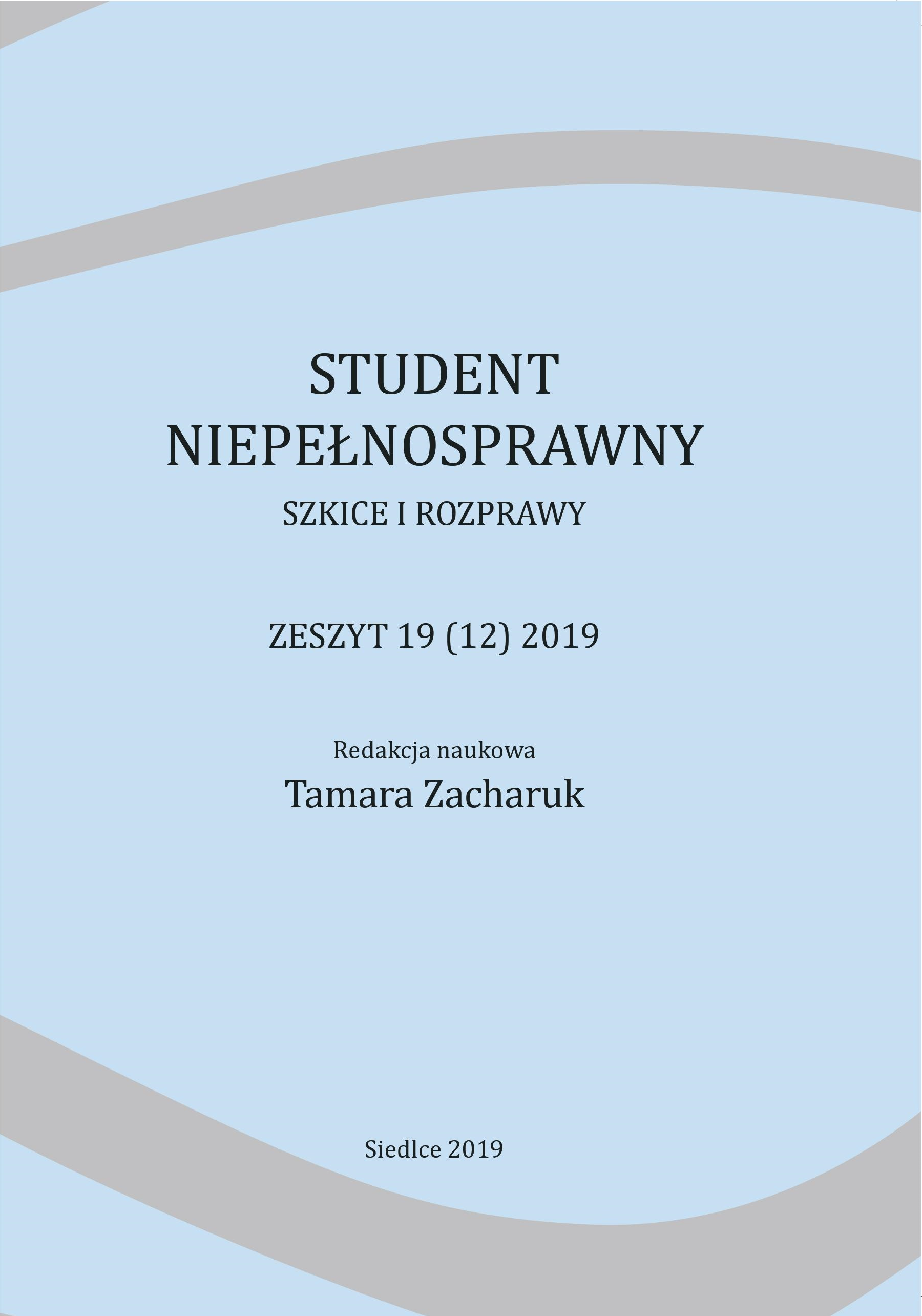Formation of basic intercultural competence in children as a resource for implementing the tasks of inclusive education
DOI:
https://doi.org/10.34739/sn.2019.19.03Keywords:
preschool education, inclusive education, intercultural competenceAbstract
At the present stage of social development, the attention of teachers to the creation of conditions for the formation of children and for preparing them for successful life and activities in a multicultural environment as an adult person is increasing. In the new conditions of cultural diversity of the world community, the search for ways to form intercultural competence in children of preschool age, an understanding of the equivalence of all cultural groups, and respect for any differences are of particular importance. Solving this problem plays an important role in the aspect of inclusive education, which implies co-education and education of all children, taking into account the diversity of educational needs. In connection with the above, the urgency of finding ways to form intercultural competence as a resource for implementing inclusive practices at the first level of general education is not in doubt. The studies have revealed that the conditions for the formation of intercultural competence in preschool age are as follows: conducting a phased diagnosis of the level of intercultural competence of the individual to define the content that reveals the diversity of cultures; focusing on productive ways of assigning information; using technologies that involve children in various activities, helping to gain and develop experience of interaction with representatives of different cultural groups.
Downloads
References
Federal'nyy gosudarstvennyy obrazovatel'nyystandart doshkol'nogo obrazovaniya, http://www.firo.ru/ [15.10.2018]. [Федеральный государственный образовательный стандарт дошкольного
образования, http://www.firo.ru/ [15.10.2018]].
Gal'skova N.D., Gez N.I., (2004), Teoriya obucheniya inostrannym yazykam: lingvodidaktika i metodika, Moskva. [Гальскова Н.Д., Гез Н.И., (2004), Теория обучения иностранным языкам: лингводидактика и методика, Москва].
Khamrayeva Ye.A., Mal'tseva I.V., (2014), Primernaya osnovnaya obrazovatel'naya programma doshkol'nogo obrazovaniya «Raznotsvetnaya planeta», Moskva. [Хамраева Е.А., Мальцева И.В., (2014), Примерная основная образовательная программа дошкольного образования «Разноцветная планета», Москва].
Khutorskoy A.V., (2002), Klyuchevyye kompetentsiii obrazovatel'nyye standarty, http://www.eidos.ru/journal/2002/ [25.01.2018]. [Хуторской А.В., (2002), Ключевые компетенции и образовательные стандарты, http://www.eidos.ru/journal/2002/ [25.01.2018]].
Makayev V.V., Mal'kova Z.A., Suprunova, L.L., (1999), Kontseptsiya polikul'turnogo obrazovaniya v sovremennoy obshcheobrazovatel'noy shkole Rossii, Pyatigorsk. [Макаев В.В., Малькова З.А., Супрунова Л.Л., (1999), Концепция поликультурного образования в современной общеобразовательной школе России, Пятигорск].
Shiyan O.A., (2012), Razvitiye tvorcheskogo myshleniya. Rabota po skazke, Moskva. [Шиян О.А., (2012), Развитие творческого мышления. Работа по сказке, Москва].
Yelizarova G.V., (2005), Kul'tura i obucheniye inostrannym yazykam, Sankt Peterburg. [Елизарова Г.В., 2005, Культура и обучение иностранным языкам, Санкт Петербург].




